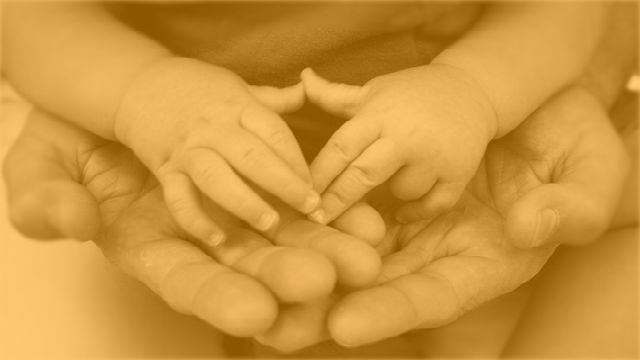BAGUIO CITY – The Cordillera office of the National Nutrition Council (NNC-CAR) disclosed that there were improvements in the nutritional status among 0-59 months children in some 53 municipalities in the region that were surveyed based in the mini-assessment on the effects of the Coronavirus Disease 2019 (COVID-19) to the nutrition of the children dung the implementation of the enhanced community quarantine (ECQ) and general community quarantine (GCQ).
Based on the survey that was conducted for the said purpose, NNC-CAR regional nutrition program coordinator Rita D. Papey stated that 40 percent of the municipalities that were surveyed no change in the nutritional status of the children in the aforesaid age bracket while 7 percent reflected worsening nutritional status among children.
She cited that the reasons for the improved nutritional status include adequate food supply for families during the wrath of the global pandemic with food supplies provided by local governments, cooperatives, private organizations and other donors and children were batter cared for because parents were at theme due to the lockdown.
See more headlines:
2 Benguet mine firms brace for end of life
Diclas slams discrimination of COVID-19 patients, frontliners
BENECO explains adjustment in June power rates
Suspected CPP sympathizer to return aid to people
The NNC-CAR official pointed out that the implementation of the community quarantine did not adversely affect the nutritional status of children in the villages in general.
The survey showed that food supplies was sufficient because the main source of livelihood of most of the populace is farming.
Papey revealed that the objectives of the survey were to find out effects of the COVID pandemic to the nutritional status of children, particularly those 0-59 months old; find out food situation and to find out care of children during the implementation of the community quarantine.
Respondents of the study were 40 barangay nutrition workers, 16 municipal nutrition action officers, 1 provincial nutrition coordinator and 1 city nutrition coordinator.
Among the questions that were asked from the respondents were the impact of ECQ and GCQ to the nutritional status of 0-59 months old children; reasons for the change in the nutritional status of children in the said age bracket; the state of food supply in their places and the care for children during the wrath of the global pandemic.
In the case of the barangay nutrition workers, 20 noted improved nutritional status of children in their work areas, 5 stated that there was also improved nutritional status of children but with new malnourished kids, 19 said that there was no change in nutritional status but there were 2 cases of malnourished children and 1 informed surveyors that there was additional malnourished children in their place.
For nutrition action officers and coordinators, 11 noted improved nutritional status of children in their areas of work, 4 claimed that there was no improvement in the nutritional status of children, 2 of them cited that there is no basis or no need to conduct weighing while 1 stated that the nutritional status of children worsened in the said place.
Papey asserted that the survey clearly showed the importance of the presence of stable supply of food for the families through the presence of backyard gardens that serve as a source of food when the situation such as the ECQ and GCQ will be enforced during similar pandemics in the future.
By Hent
You might also like:




















